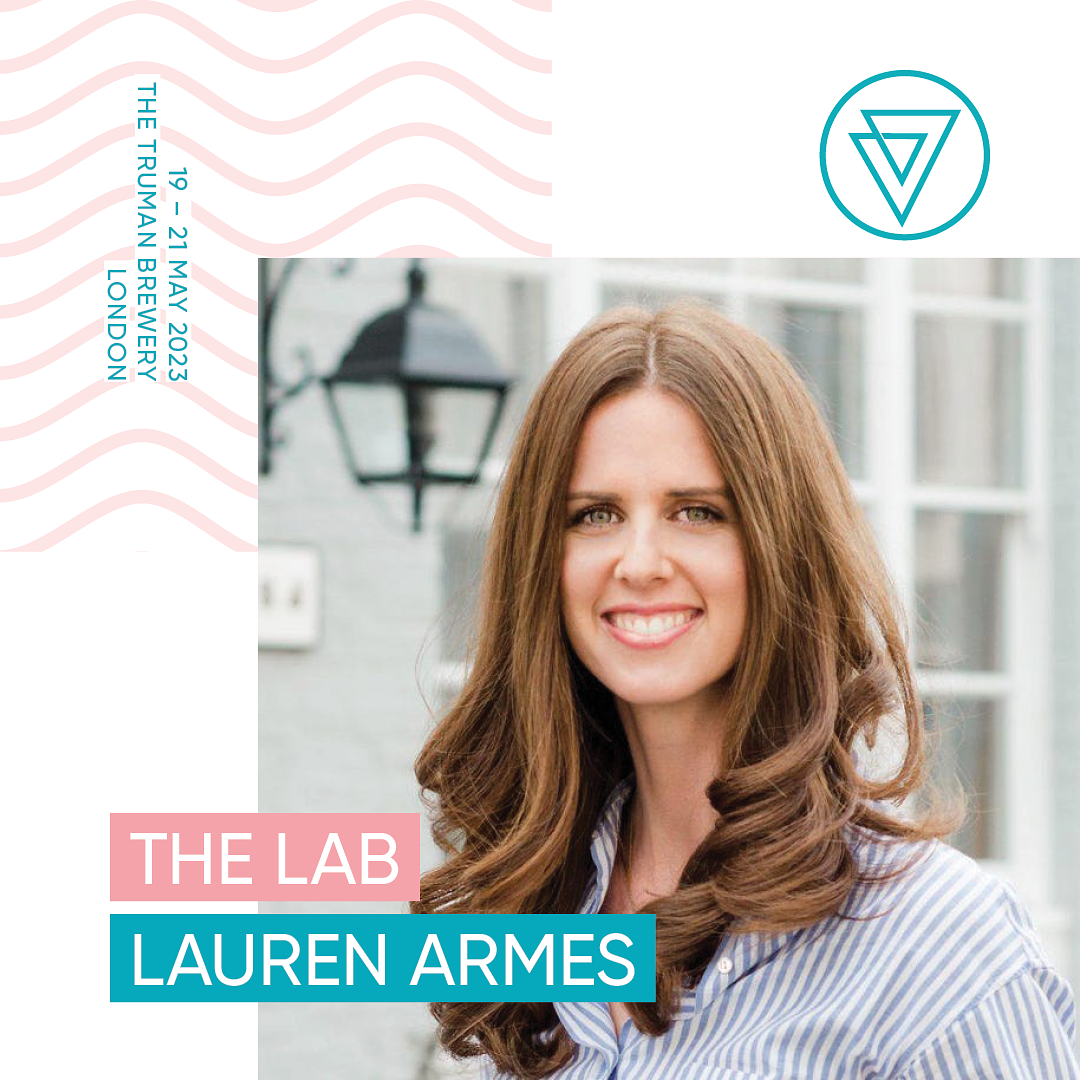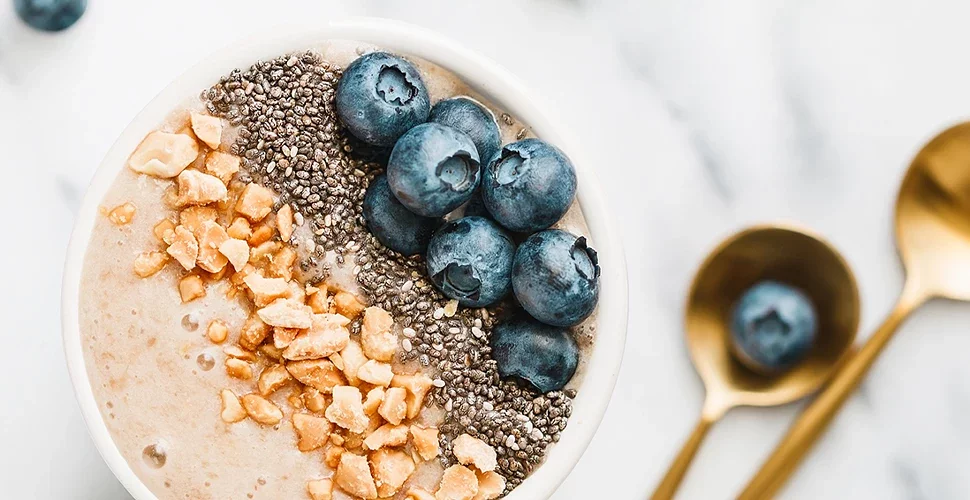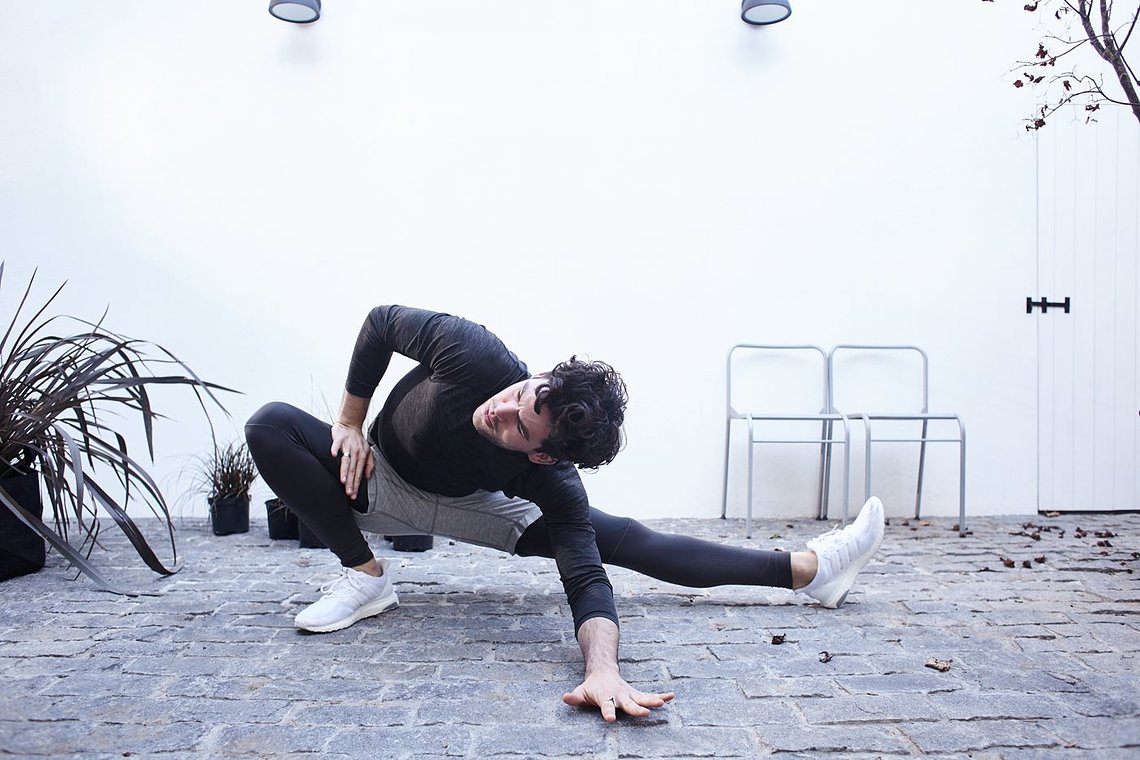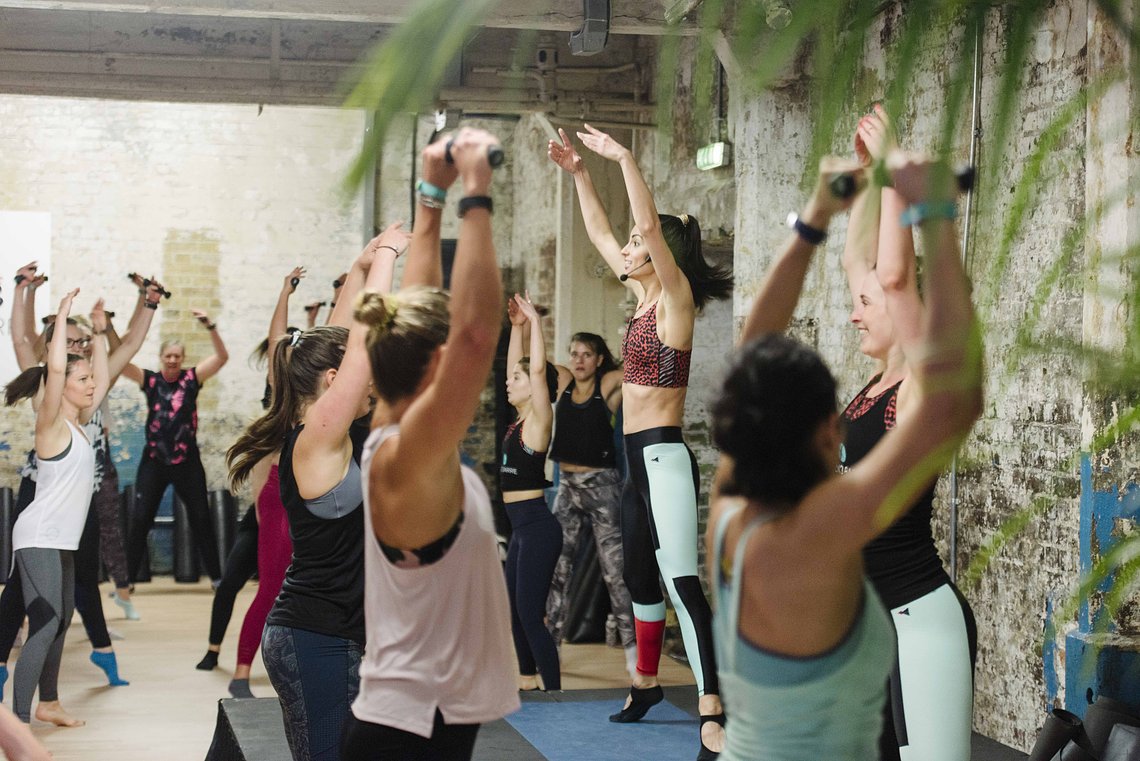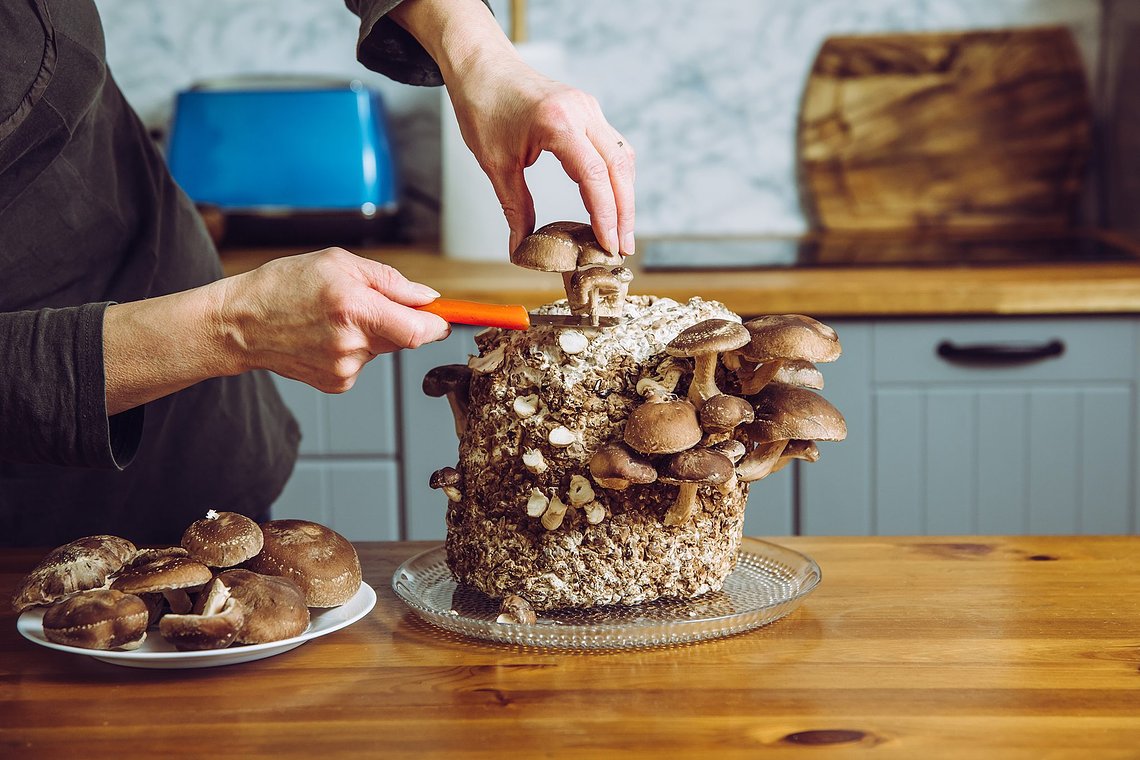Mon 23 Jan 2023
Feng shui your way to happiness
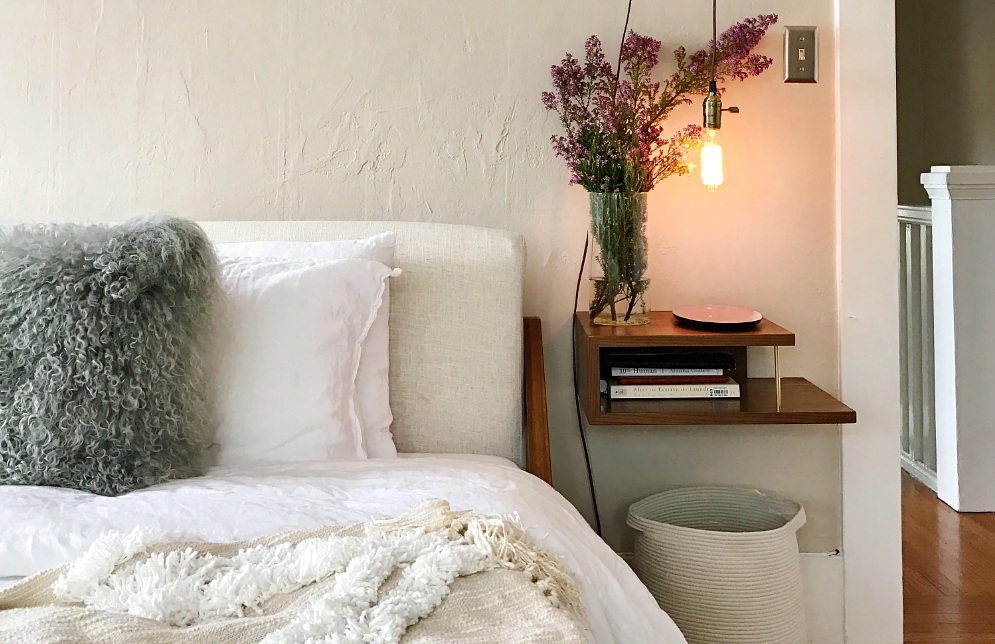
SHARE THIS POST
How to make your home work for your head
The space we call home has an impact on the way we feel about the world outside. Need to spruce up your environment? There are plenty of simple tweaks to turn your home into a sanctuary, contributing towards a better mental headspace.
Invite nature inside
Natural light
Open the curtains as wide as possible and position furniture where you’re likely to spend a lot of time in spots that get a good amount of natural light, e.g. your desk. Results of several studies suggest that “bright light, particularly in the morning, can improve significantly health outcomes such as depression, agitation, sleep, circadian rest-activity, and seasonal affective disorder” (1)
Foliage is your friend
Filling the room with easy to care for plants can also make a big difference, with numerous scientific studies showing the positive impact of indoor plants on both mental and physiological health, including reduced stress levels, increased productivity, and lower fatigue (2). At present, there’s not enough research to say if different plants have different impacts – which really just provides plant-addicts with a perfect excuse for a more-the-merrier approach. Got to cover all bases, right?
While we’re not suggesting you go full-on minimalist in your attempts to banish the clutter, bringing a touch of organisation to your living and working spaces could have a positive impact on your brain, with visual stimuli – aka clutter – proven to contribute to distraction (3), which in turn can lead to feelings of lack of productivity and inadequacy.
Embrace the five-minute tidy
Instead of committing yourself to a four-hour scrubbing session, spend just five minutes before you have to start a task blitzing the area that you’ll be using.
When you’re searching for storage solutions continue the theme of inviting nature inside by incorporating natural textures such as wood and bamboo.
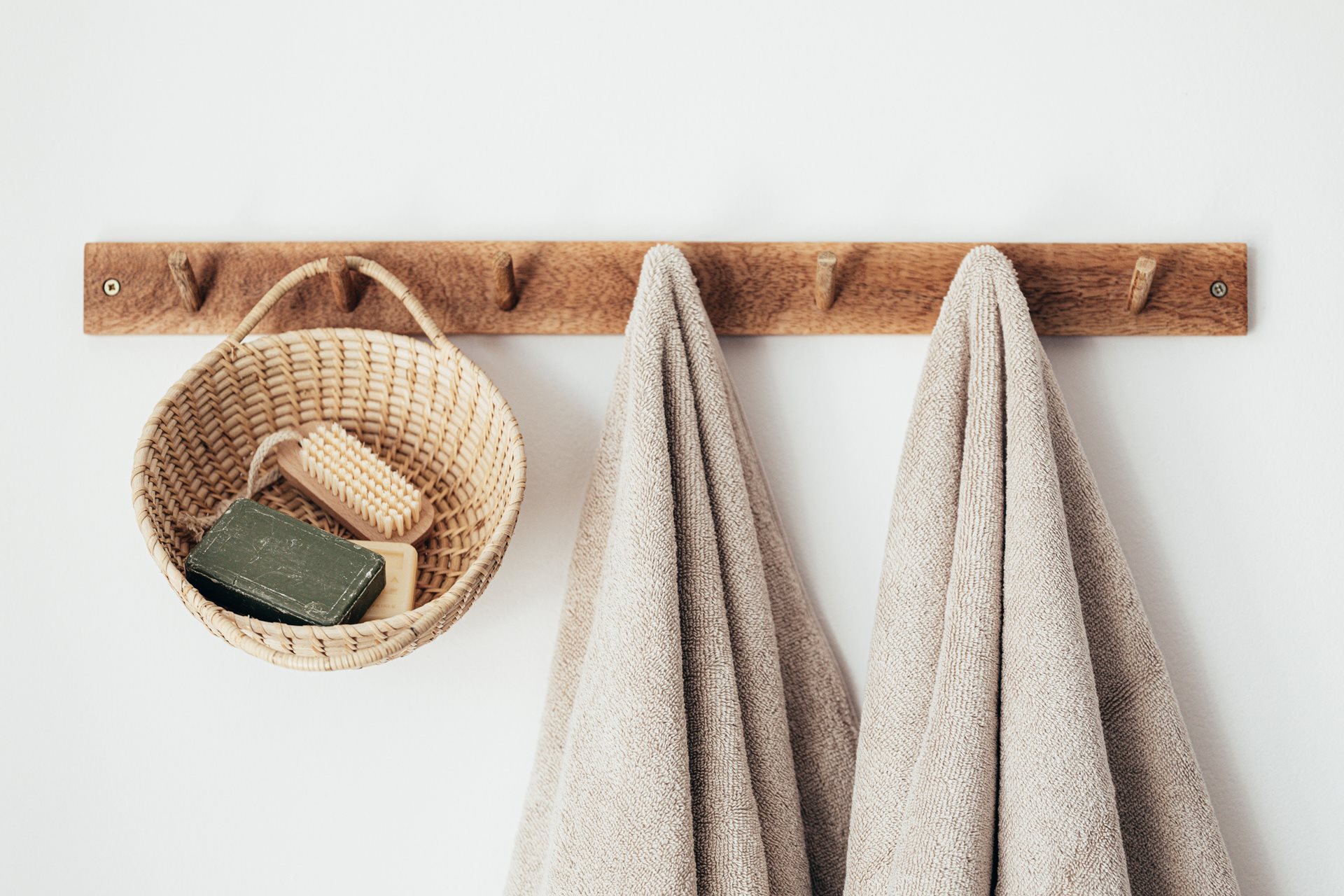
Play with scent
One study, which sought to assess the effects of water, lavender, or rosemary smells on mood following an anxiety-provoking task, found that “scent has the potential to moderate different aspects of mood following an anxiety-provoking task” (4).
So, what scents should we be reaching for? According to House of Boheme, who specialise in making mindful interiors, English Lavender, Frankincense and Roman Chamomile are all calm inducing, while anyone hoping for an uplifting boost should reach for geranium, rose or sweet orange.
- Boubekri, Mohamed et al. “Impact of windows and daylight exposure on overall health and sleep quality of office workers: a case-control pilot study.” Journal of clinical sleep medicine : JCSM : official publication of the American Academy of Sleep Medicine vol. 10,6 603-11. 15 Jun. 2014,
- https://www.rhs.org.uk/advice/profile?PID=949
- https://www.headspace.com/blog/2016/03/21/clear-space-really-mean-clear-mind/
- Burnett KM, Solterbeck LA, Strapp CM. “Scent and Mood State following an Anxiety-Provoking Task.” Psychological Reports. 2004; 95(2):707-722.
